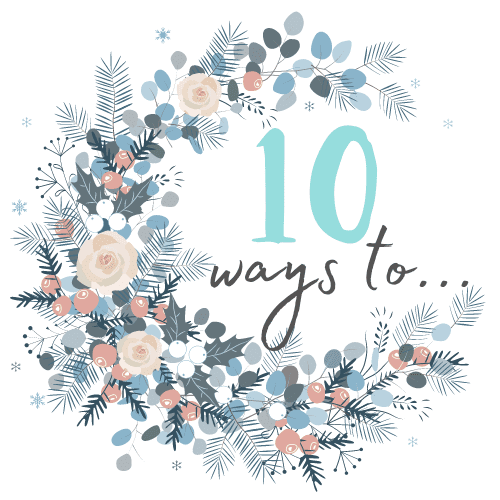#Ad – this is a collaborative post
I’ve made no secret of the fact that in this house, we don’t get a lot of sleep. In fact, correction – I don’t get a lot of sleep. With a 2 year old who still feeds regularly throughout the night, a 6 year old with a very active imagination and a snoring partner who has mastered all 5 Types of Snoring , I am lucky if I get more than four-five hours sleep a night. I’ve gone so far as to say that I hate bedtime.
But am I helping myself?
Yesterday however Mike, my other half, told me off. We were in the middle of one of our regular disagreements about who is the most tired, a disagreement, which lets face, it I nearly always win. His point was that I don’t help myself. Whilst granted, my sleep is regularly disturbed by the children, there is much more that I myself could be doing in order to get a good night sleep. One of them is knowing when to stop. He moaned that in the moments when I COULD be sleeping, instead, I am on my phone. I therefore waste what could be valuable sleeping time scrolling through Facebook, only for Neve to have some kind of inbuilt sensor. The very moment (literally!) I decide that I am done with Social Media for the night, she decides to wake up – preventing my sleep for just that little bit longer.
Its exhausting.

Aside from the obvious, what can I do to get a better night’s sleep? We’ve recently been looking at the new beds from Bed Guru, and during my search through the wide range of options of beds available, I also got some insight from Carl, their resident sleep specialist on how to improve that both of us get when the lights go out.
Quite worryingly, whilst I jest that I may never sleep again, I probably should be taking my lack of sleep a little more seriously. Carl explained that a massive 2/3 adults fail to meet recommended 8 hours sleep a night. A leading sleep expert with over 40 years experience educating people on the importance of sleep, Carl advises that in the long term, poor sleep has been linked to an increased risk of numerous serious illnesses such as obesity, type 2 diabetes, cardiovascular disease, depression and even some cancers. Even in the short term, it has been shown to make you more miserable (check), look and feel less attractive (yup) reduce your cognitive and mental performance (unfortunately yes), increase the risk of accidents (eek must be careful) increase your appetite for sugary and fatty foods (hell yes) and make you less empathetic and more argumentative (absolutely yes).

Here are some hints and tips from Carl on getting a better night’s sleep:
Avoid Artificial Light
In order to encourage sleep inducing hormones, tech devices should be avoided for at least 2 -3 hours before bed. The blue light emitted by phone and tablet screens can suppress the release of melatonin – one of the important messengers in the initiation of sleep. Thus, people like me, who regularly use screens in the hours before bed, experience poorer sleep and feel more tired the following day.
Whilst as a blogger it is virtually impossible for me to put my phone away altogether, I can make some simple changes, such as putting my phone on Night Shift – changing the colours of the screen to make them more yellow at night, and the screen look less glaring in the dark. I can also turn my brightness right down, and use the night mode on Twitter which changes the feed to white text on a black background – again much more friendly on the eyes! We are also trialling having the odd tech free night, where my posts are scheduled and I can leave the phone upstairs. This is work in progress, and at the moment having just gone back to work, is easier said than done!
Drop the Drink
Whilst it can be tempting to down a tipple or two before bedtime to help you drift off – alcohol can actually have the opposite effect on your sleep patterns. Alcohol does not induce natural sleep and actually makes you more likely to wake up during the night and feel worse when you rise as a result.
Establish a Routine
Routine can have a positive impact on your sleeping patterns, and simple things such as waking up and going to bed at the same time each night, even at the weekend (yes really!) can have a positive impact on your bodies natural sleep rhythms. From having a hot bath with lavender before bed to a predetermined light switch off time – routine is the way forward!
Consider your mattress
Carl advises there is no such thing as a one size fits all mattress. Sharing a bed can be one of the most common reasons for disturbed sleep. Opting for a wider mattress pocket sprung mattress can be helpful, as they adjust to body whilst your asleep. If your partner is a particularly wriggly sleeper, a memory foam mattress can make those wriggles less obvious, and prevent their movements from affecting your sleep.
If like Mike you have a quilt stealer, opting for a duvet slightly larger than your mattress size can give you that extra bit of leeway should they attempt to rip it off you during the night!
What other tips would you give to help achieve the illusive good nights sleep?







